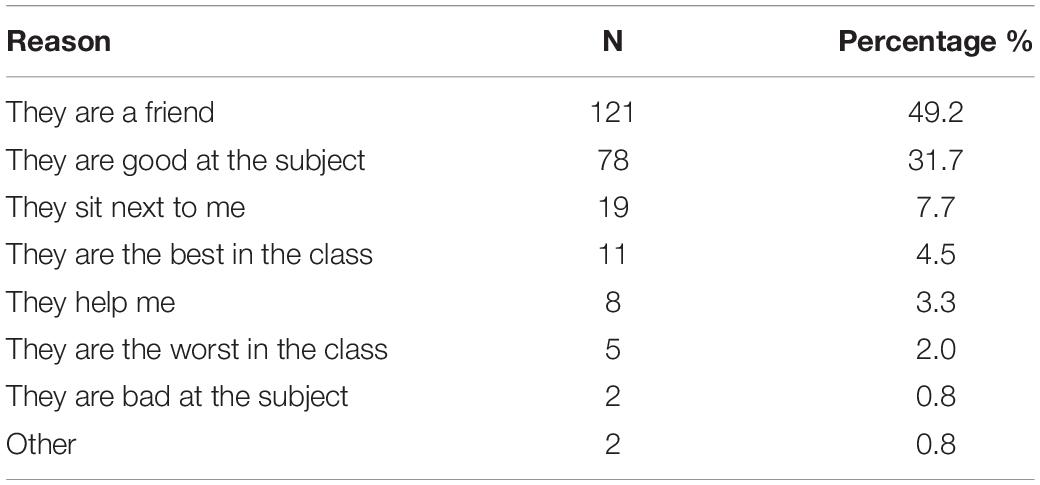

Indeed, a primary association to the word reciprocity for the author is the agreement between the University of Minnesota and the University of Wisconsin that allows Wisconsin state residents to attend the University of Minnesota, paying only in-state tuition, rather than the more expensive out-of-state tuition, and similarly Minnesota state residents can attend the University of Wisconsin, paying only in-state tuition.

Worldnet Dictionary ( ) defines reciprocity as “a relation of mutual dependence or action or influence.” Hyperdictionary ( ) defines it as “a mode of exchange in which transactions take place between individuals who are symmetrically placed, that is, they are exchanging as equals, neither being in a dominant position.” The connotation of reciprocal as actions given or done in return permeates many of our political and societal coinages we use expressions such as reciprocal aid, reciprocal trade, and reciprocal privileges (e.g., reciprocal membership privileges at health clubs or reciprocal borrowing privileges at lending libraries). Other demonstrations of how parents and professionals can increase their behavior of reciprocity are provided. In one randomized clinical trial of “reciprocity training” to parents, their autistic children's language developed rapidly and their social engagement increased markedly. Research is reviewed to illustrate that when professionals, peers, and parents are taught to act reciprocally, autistic children become more responsive. Reciprocity is “a relation of mutual dependence or action or influence,” or “a mode of exchange in which transactions take place between individuals who are symmetrically placed.” Assumptions by clinicians and researchers suggest that they have forgotten that reciprocity needs to be mutual and symmetrical-that reciprocity is a two-way street. In this article, I question that assumption by demonstrating how many professionals-researchers and clinicians-and likewise many parents, have neglected the true meaning of reciprocity. It is frequently believed that autism is characterized by a lack of social or emotional reciprocity.


 0 kommentar(er)
0 kommentar(er)
